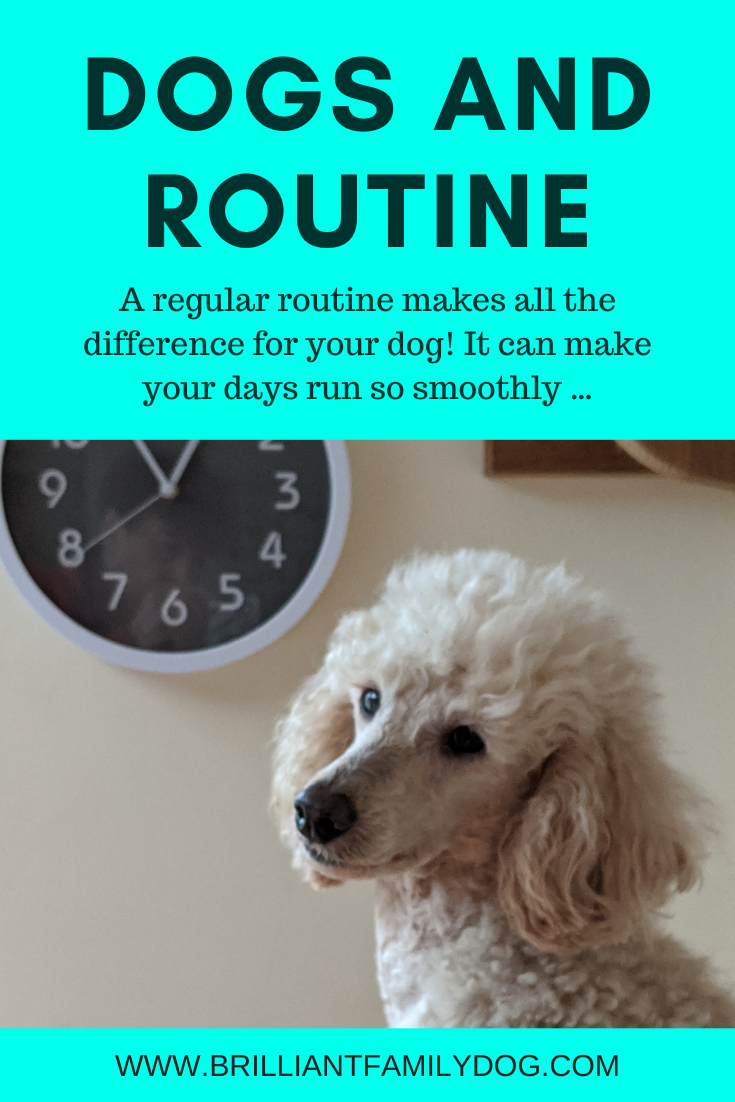I want to show you a lovely letter I had from one of my readers. It’s much more typical of my inbox, and it nicely counterbalances the nastier missives I’ve had over the last two blog posts! (There were plenty of supportive comments and emails too, I hasten to add - and thank you for those!)
Hi Beverley
Having benefitted greatly from your books and posts when I was adopted by a Border Collie cross nearly two years ago, and more recently when I agreed to foster then adopt a dog which had been roaming in my area for over a week, I wondered whether other of your followers might be interested in reading a post giving your views on routine.
My first dog was apparently only about five months old when she came into my life and, not having owned a dog for over thirty years, I found her behaviour challenging at times, particularly in public. When we came out the other side after about a year and people complimented me on her good behaviour instead of telling me I wasn't fit to own a dog if I couldn't train her better, I realised that much of the improvement was due to her feeling secure in the knowledge that the things she enjoyed (food, cuddles, walks, games, play with other dogs, etc) would happen as a matter of course (she didn't need to pull on the lead, jump up, etc) and that, when they were over, it wouldn't be for ever - they would happen again.
This response to routine was even more apparent with the new fella who the vet thinks is about three. He was, obviously completely disoriented when he came to live with us, but the routine of our lives settled him. In particular over food: at first, he tried to eat my other dog's food and then marked his or her bowl with urine. Now he understands that he will be fed regularly - where, when and what - he is calm, doesn't muscle in on her food and doesn't feel the need to mark. I believe routine has helped with his separation anxiety as well. He came to realise that part of routine of our lives is that I will be away from him for short periods, but again it won't be for ever - I will come back and we will carry on with our normal routine.
Looking back, I don't think I'd have had such a relatively easy time of it with my dogs if I hadn't been able to offer them the security of a routine. That's not to say we are regimented and ruled by a timetable, but there is a rhythm to our lives which just gets repeated each day. - AS
Thank you, AS, for your sound and practical advice. And well done for identifying such a simple thing that so greatly affected your dog’s wellbeing and behaviour.
I detail my own routine for my dogs in Calm Down! Step-by-Step to a Calm, Relaxed, and Brilliant Family Dog, and here is an excerpt to show you:
How should our day go?
To give you an idea of how I manage my four - very, very different - dogs, this is an example of a day. There is no fixed schedule as my commitments vary throughout the week, but most of these things happen at some stage in the day.
• Rise, go out to garden, relieve themselves, and run about while I feed the hens
• Lie down in my bedroom or play with teddy bears while I dress
• Go outside again while I make coffee and feed the cat
• Each day a different dog comes for a solo roadwalk with me
• Lie down on their beds or quietly chew toys while I work
• Half an hour of very active games or training
• Rest while I have lunch
• Potter about with me while I do the washing, cleaning, and other chores
• Sleep while I go out to appointments - either in their crates in the van, or at home
• Highly active long dog walk with chasing, jumping, retrieving, and recall games
• Sleep till their supper time
• Potter, sleep, a few minutes training on and off, and so on
• Bedtime in their appointed sleeping places, where they stay till morning
• Training takes place a minute at a time at any time of day; garden visits every couple of hours; spontaneous active games any time
A carefully-considered sleep routine also means that my new puppies sleep through the night from the day they arrive at 7-8 weeks. You can find great detail on this in New Puppy! From New Puppy to Brilliant Family Dog
I agree!
So, in short, I agree wholeheartedly with what AS wrote. We often want to look for complicated reasons, “whywhywhy?”, and are ever keen to apportion blame.
But this reader shows us how the simplest of changes - totally non-intrusive changes - can deeply affect how your dog views his world.


